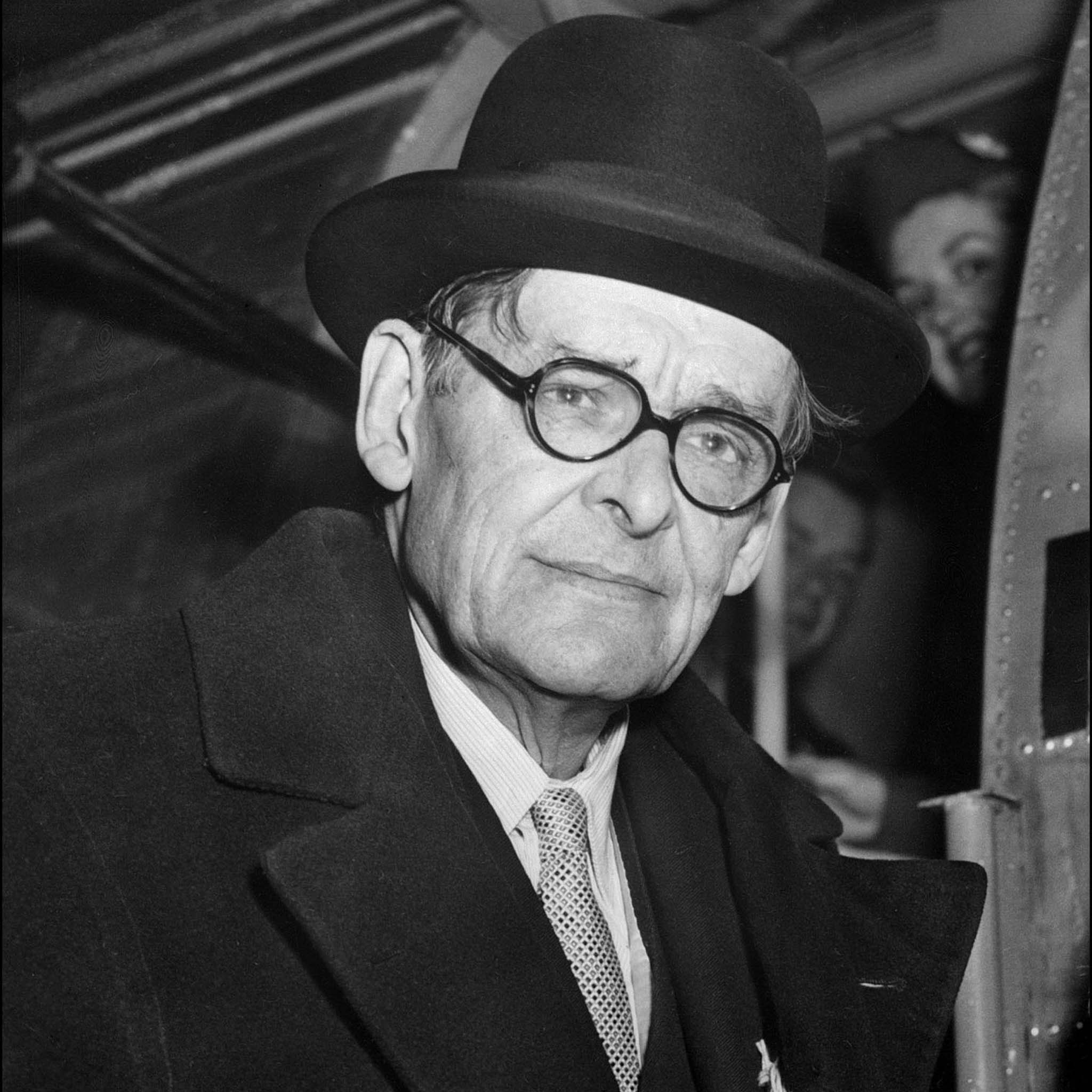The letters of TS Eliot Vol 5: 1930-1931, book review: A personal tragedy, and a turn to religion
the professional side of Eliot’s life is given more importance here, as well as his growing involvement in High Anglican matters

Your support helps us to tell the story
From reproductive rights to climate change to Big Tech, The Independent is on the ground when the story is developing. Whether it's investigating the financials of Elon Musk's pro-Trump PAC or producing our latest documentary, 'The A Word', which shines a light on the American women fighting for reproductive rights, we know how important it is to parse out the facts from the messaging.
At such a critical moment in US history, we need reporters on the ground. Your donation allows us to keep sending journalists to speak to both sides of the story.
The Independent is trusted by Americans across the entire political spectrum. And unlike many other quality news outlets, we choose not to lock Americans out of our reporting and analysis with paywalls. We believe quality journalism should be available to everyone, paid for by those who can afford it.
Your support makes all the difference.In many ways, this year of Eliot’s life is the personal calm before the storm, although that is scarcely obvious from the public and professional nature of his letters.
At the end of 1931, Eliot accepts a year-long post at Harvard; on 11 December, his wife, Vivienne, writes to Ottoline Morrell: “I was so happy at your house today …. Particularly it did strike me, for I had just been through such a fearful time with T. All of a sudden.” “T” is clearly her husband, and it seems likely that they were discussing his near departure.
This year will be the last that he and Vivienne spend together; on his return from Harvard he will endure a horrible and disturbing separation from her as she will enter a sanatorium where she will remain for the rest of her life.
The utter tragedy of this personal story, though, is rarely glimpsed in Eliot’s letters, and the always excellent footnotes provide much of the back story, with excerpts from letters written by Virginia Woolf or Morrell, who detail Vivienne’s increasingly erratic behaviour (Vivienne tells them both she keeps hornets “in her bed”). Now Eliot’s mother is dead, the personal confidences shared between the two of them that appeared in previous volumes have also vanished and even letters to his brother are about business deals. There is a strong sense that Eliot has already left this marriage, and the fewer references to the illnesses he suffers (which dominated previous years) suggest he is the healthier for it.
And so, the professional side of Eliot’s life is given more importance here, as well as his growing involvement in High Anglican matters. The latter will mainly be of interest to students of Eliot’s religious and spiritual development, while the former is an interesting overview of the publishing world at the time. Eliot is a kind critic who responds to requests for advice from aspiring young poets wanting to know what they should do with their lives – he takes particular care with a young Michael Sayers, who will never become a major poet (“One cannot write poetry all the time; and the rest of the time it is far better to be in a solicitor’s office than scribbling reviews of books or writing columns for newspapers”).
There is disappointingly little on Eliot’s poetic theories, although that is possibly because he was distilling those in published essays instead. He rarely advises young poets about their actual poetry, and more often than not turns down requests to write reviews. The business side of publishing – sorting out a deal to publish extracts from Joyce’s “Work in Progress”, monitoring sales of and reaction to Ash Wednesday – dominates, as he consolidates his position as king-maker as well as the pre-eminent poet in the land.
Few women poets write asking for help, and his encouragement is certainly directed at young men such as Stephen Spender and W H Auden, but his tact and gentleness suggest that he might have been equally helpful to young women poets such as Elizabeth Smart had they approached him.
Join our commenting forum
Join thought-provoking conversations, follow other Independent readers and see their replies
Comments